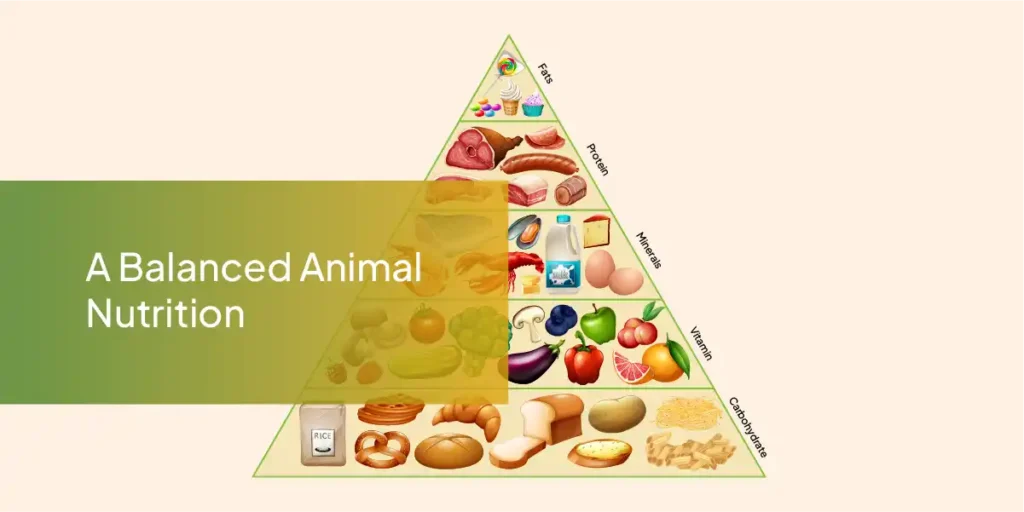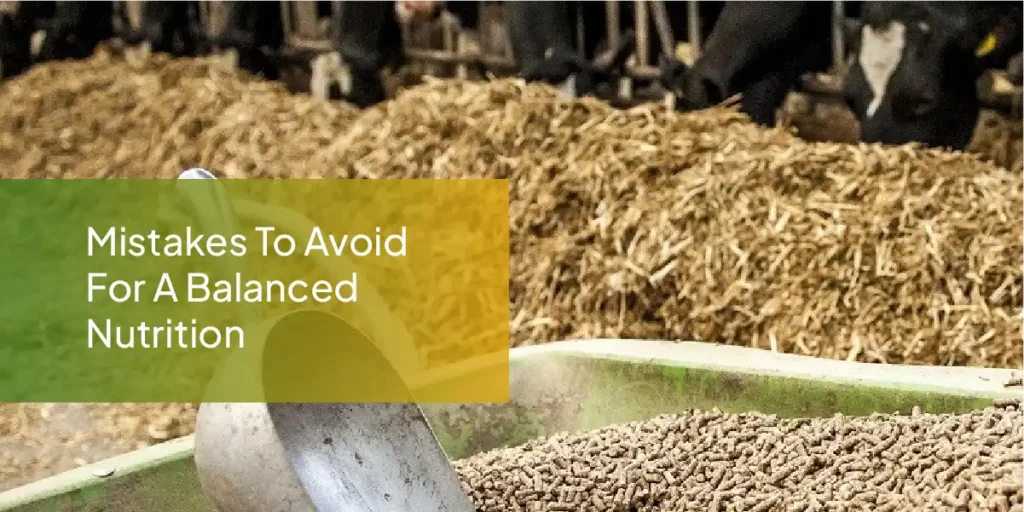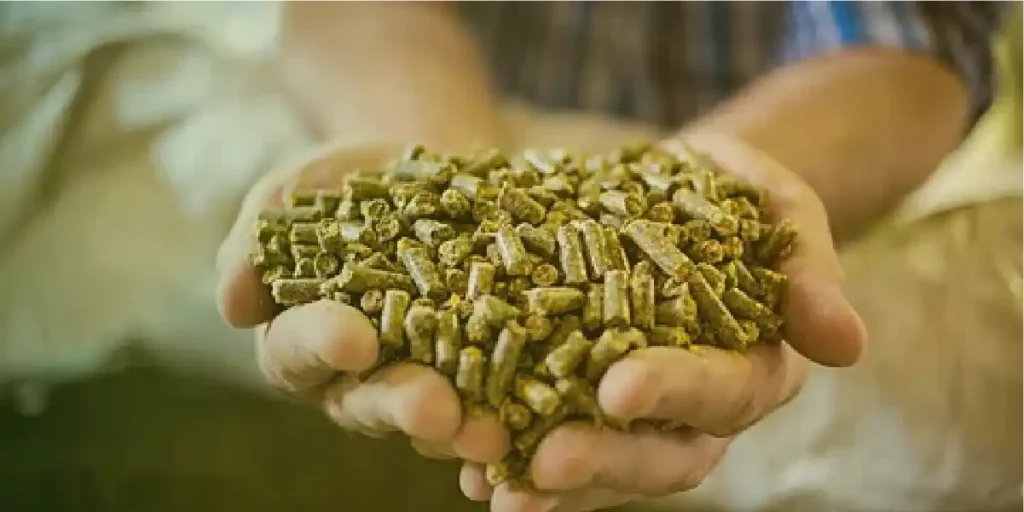Providing balanced nutrition for animals is the cornerstone of their health, productivity, and overall well-being. Whether you’re raising livestock, poultry, or pets, understanding the science behind balanced animal nutrition can help optimize their diet and improve their performance. In this blog, we’ll break down the key elements of balanced nutrition, why it matters, and how to implement it effectively.
What is Balanced Animal Nutrition?

Balanced animal nutrition refers to a diet that provides all the essential nutrients in the right proportions to meet an animal’s specific needs. This includes:
1. Proteins:
Crucial for growth, muscle development, and repair.
2. Carbohydrates:
Provide energy for daily activities and bodily functions.
3. Fats:
Essential for energy storage and healthy skin and coat.
4. Vitamins and Minerals:
Support immunity, bone strength, and overall health.
5. Water:
The most vital nutrient for digestion, temperature regulation, and hydration.
Why is Balanced Nutrition Important?
Understanding the importance of balanced animal nutrition can significantly impact the health and productivity of your animals. Here are the key benefits:
- Improved Growth and Development: Animals receive the nutrients they need to grow efficiently.
- Enhanced Productivity: Livestock produce more milk, eggs, or meat when fed a balanced diet.
- Better Reproductive Health: Proper nutrition supports fertility and successful breeding.
- Disease Prevention: A strong immune system helps animals fight off infections and diseases.
- Optimal Feed Conversion: Animals convert feed into energy more efficiently, reducing waste and costs.
The Key Components of a Balanced Diet
To create a balanced diet for your animals, it’s essential to understand their specific needs. Here are the components to focus on:
1. Proteins
- Why It’s Important: Proteins are the building blocks of life, necessary for muscle growth, milk production, and tissue repair.
- Sources: Soybean meal, alfalfa, fishmeal, and legumes.
2. Energy (Carbohydrates and Fats)
- Why It’s Important: Energy fuels daily activities and bodily functions.
- Sources: Corn, barley, oats, and oilseeds.
3. Vitamins and Minerals
- Why It’s Important: Vitamins and minerals play a crucial role in immunity, bone health, and metabolic functions.
- Sources: Salt licks, mineral mixes, and fresh forage.
4. Fiber
- Why It’s Important: Essential for digestion, especially in ruminants like cows and sheep.
- Sources: Hay, silage, and pasture grass.
5. Water
- Why It’s Important: Water aids digestion, regulates temperature, and supports overall health.
- Sources: Clean, fresh water provided consistently.
Steps to Achieve Balanced Nutrition
Here’s how you can ensure balanced nutrition for your animals:
1. Understand Their Needs:
Different animals have different nutritional requirements based on age, weight, and purpose (e.g., meat production, breeding, etc.).
2. Choose Quality Feed:
Invest in high-quality feed that provides essential nutrients
3. Incorporate Supplements:
Use supplements like vitamins, minerals, and probiotics when necessary.
4. Monitor Feed Intake:
Ensure animals are eating the right quantities to avoid overfeeding or underfeeding.
5. Consult Experts:
Work with a livestock nutritionist or veterinarian to design an ideal diet plan.
Common Mistakes to Avoid
- Overfeeding Energy-Rich Feeds: Leads to obesity and health issues.
- Ignoring Water Quality: Contaminated water can cause serious health problems.
- Skipping Mineral Supplements: Can lead to deficiencies and poor performance.
- Feeding the Same Diet Year-Round: Seasonal changes require dietary adjustments.

Conclusion
Balanced animal nutrition is the foundation of a healthy, productive farm. By providing your animals with the right nutrients in the right proportions, you can improve their health, increase productivity, and optimize your farm’s success.
Always remember to assess the specific needs of your livestock and adjust their diets accordingly. A little investment in their nutrition can go a long way in ensuring their well-being and your farm’s profitability.
Do you have questions about balanced animal nutrition? Share your thoughts in the comments below!


